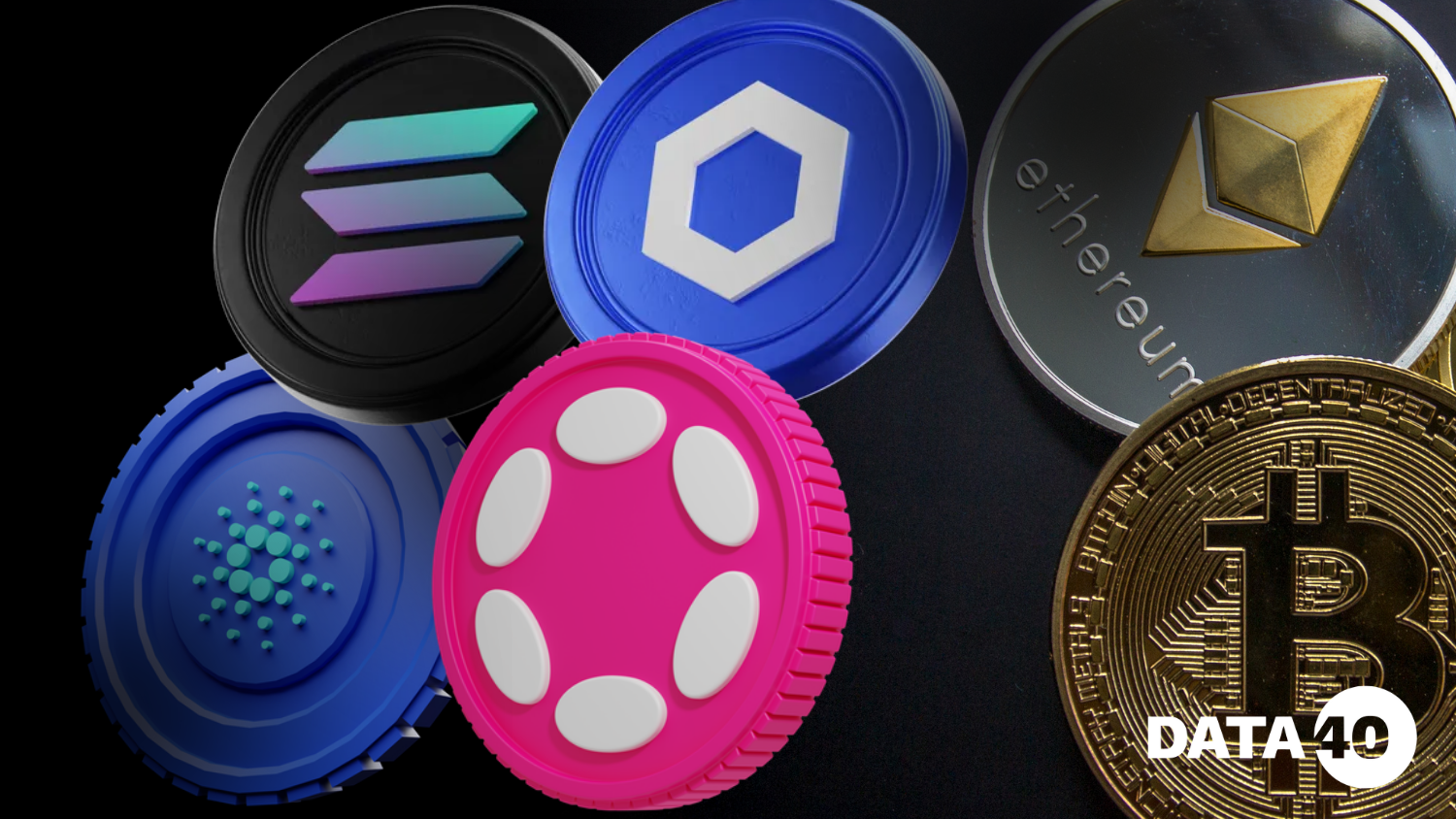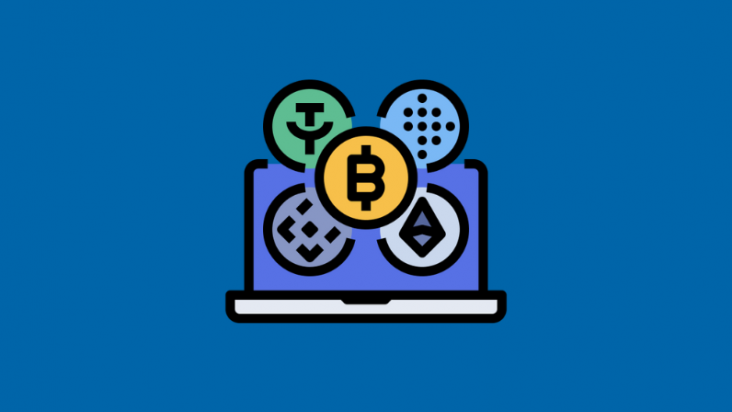

The blockchain industry has experienced rapid growth in recent years, revolutionizing various sectors such as finance, supply chain management, and digital assets. Blockchain technology enables decentralized and secure transactions, fostering transparency, trust, and efficiency. Among the many projects that have emerged, a few stand out for their innovative approaches and remarkable achievements. This article explores some of the largest and most influential blockchain projects and their contributions to shaping the future of decentralized technology.
The Rise of Blockchain Technology
Blockchain technology, in its simplest form, is a distributed ledger system where data is stored in “blocks” that are linked together in a “chain”. This structure ensures that information cannot be altered once recorded, providing a high level of security and integrity. The concept of blockchain first gained traction through the creation of Bitcoin in 2009 by the mysterious figure known as Satoshi Nakamoto. Since then, blockchain technology has evolved into a robust ecosystem with numerous applications across industries.
Ethereum: A Smart Contract Revolution
Ethereum, launched in 2015 by Vitalik Buterin and a team of co-founders, is one of the most significant blockchain projects to date. Unlike Bitcoin, which is primarily a digital currency, Ethereum introduced the concept of smart contracts—self-executing contracts with predefined rules that are automatically enforced. This innovation opened up a world of possibilities for decentralized applications (dApps), enabling everything from decentralized finance (DeFi) to gaming and digital art.
Ethereum’s main achievement lies in its ability to provide a platform for developers to build and deploy decentralized applications without the need for a central authority. The Ethereum blockchain also serves as the foundation for thousands of tokens, including stablecoins like USDC and DAI. Despite facing scalability challenges, Ethereum continues to evolve, with Ethereum 2.0 promising a shift to a more energy-efficient proof-of-stake consensus mechanism.
Bitcoin: The Original Blockchain Pioneer
Bitcoin, the first blockchain-based cryptocurrency, remains one of the most influential and well-known projects in the blockchain space. Created by the enigmatic Satoshi Nakamoto, Bitcoin introduced the concept of decentralized, peer-to-peer digital money without the need for intermediaries like banks. It operates on a proof-of-work consensus mechanism, where miners validate transactions and secure the network by solving complex mathematical problems.
Bitcoin’s main achievement is its success in establishing cryptocurrency as a legitimate financial asset. It has inspired the creation of thousands of alternative cryptocurrencies and has been adopted by various institutions as a store of value, often referred to as “digital gold.” Despite volatility and regulatory challenges, Bitcoin continues to be the flagship cryptocurrency, driving global discussions on the future of money.
Emerging Blockchain Platforms Revolutionizing Decentralized Applications
Binance Smart Chain: The DeFi Hub
Binance Smart Chain (BSC), launched by the leading global cryptocurrency exchange Binance, is another major blockchain project that has garnered widespread attention. BSC is designed to support the development of decentralized applications, with a focus on high-speed transactions and low fees. The project aims to provide an alternative to Ethereum’s network, offering scalability without sacrificing security or decentralization.
One of the key achievements of Binance Smart Chain is its role in the growth of decentralized finance (DeFi). BSC has become a hub for DeFi projects, allowing users to participate in decentralized exchanges (DEXs), yield farming, and liquidity pools. BSC’s ability to handle a high volume of transactions quickly and cost-effectively has contributed to its success, attracting a wide range of developers and users. The launch of the Binance Coin (BNB) further enhances the utility of the platform, providing users with a native token for transaction fees and staking.
Solana: Scaling Blockchain at Lightning Speed
Solana, a high-performance blockchain platform, has gained significant traction for its scalability and low transaction fees. Founded by Anatoly Yakovenko in 2020, Solana uses a unique proof-of-history (PoH) consensus mechanism, which allows it to process thousands of transactions per second (TPS). This makes Solana one of the fastest and most efficient blockchains available, with the potential to support a wide range of applications, including DeFi, NFTs, and Web3.
Solana’s breakthrough achievement lies in its ability to scale without compromising decentralization or security. The blockchain is capable of handling over 50,000 transactions per second, a stark contrast to Bitcoin’s 7 TPS and Ethereum’s 30 TPS. This makes Solana a strong contender for Ethereum’s dominance in the smart contract space. Its low fees and high throughput have attracted numerous developers and projects, positioning Solana as a leading platform for decentralized applications.
Cardano: A Scientific Approach to Blockchain
Cardano, founded by Ethereum co-founder Charles Hoskinson in 2017, is a blockchain project that distinguishes itself through its scientific approach to development. The platform aims to provide a more secure and scalable infrastructure for decentralized applications and cryptocurrencies. Cardano’s development is driven by academic research and peer-reviewed studies, making it one of the most rigorously tested blockchain projects.
One of Cardano’s key achievements is its emphasis on sustainability and scalability. The platform uses a proof-of-stake consensus mechanism called Ouroboros, which reduces energy consumption compared to traditional proof-of-work systems. Cardano’s focus on formal verification and rigorous testing has made it an attractive option for enterprise adoption. While Cardano’s ecosystem is still in its early stages compared to Ethereum or Solana, it has the potential to become a major player in the blockchain space in the coming years.
Polkadot and Chainlink: Advancing Blockchain Connectivity
Polkadot: Enabling Interoperability Between Blockchains
Polkadot, created by Ethereum co-founder Gavin Wood in 2020, is a multi-chain platform designed to enable interoperability between different blockchains. Polkadot allows multiple blockchains to communicate with one another, enabling the seamless transfer of assets and data across different networks. This concept of interoperability is seen as one of the most important developments in the blockchain space, as it opens up new possibilities for cross-chain applications and collaboration.
Polkadot’s key achievement lies in its ability to create a network of interconnected blockchains, known as “parachains”. Each parachain can be customized for specific use cases, while still being able to communicate and share data with other parachains in the Polkadot ecosystem. This approach significantly enhances scalability, flexibility, and security. Polkadot’s relay chain, which connects all the parachains, serves as the central hub for communication and consensus.
Chainlink: Bridging the Gap Between Smart Contracts and Real-World Data
Chainlink is a decentralized oracle network that connects smart contracts with real-world data, enabling them to interact with external systems and APIs. Founded in 2017 by Sergey Nazarov, Chainlink has become an essential component of many blockchain-based applications, especially in the DeFi space. By providing secure and reliable data feeds, Chainlink ensures that smart contracts can execute based on real-world events, such as market prices, weather data, or payment triggers.
The key achievement of Chainlink is its ability to provide trusted data to decentralized applications, eliminating the need for centralized oracles that could potentially compromise security and reliability. Chainlink’s network of independent node operators ensures the integrity of data feeds, making it a critical infrastructure component for the DeFi ecosystem.
Final Reflections: The Road Ahead for Blockchain Innovation
The blockchain industry continues to evolve rapidly, with each project contributing to a larger vision of decentralized technology. The innovations brought forth by Ethereum, Bitcoin, Binance Smart Chain, Solana, Cardano, Polkadot, and Chainlink are shaping the future of finance, governance, and data management. As blockchain adoption grows across industries, these projects are poised to drive even greater transformations in the years to come.
While challenges such as scalability, interoperability, and regulatory uncertainty remain, the achievements of these blockchain pioneers highlight the immense potential of decentralized systems. Their contributions not only benefit the cryptocurrency space but also pave the way for broader adoption of blockchain technology in diverse sectors. The journey of blockchain innovation is far from over, and the next wave of advancements promises to unlock even more groundbreaking possibilities.








